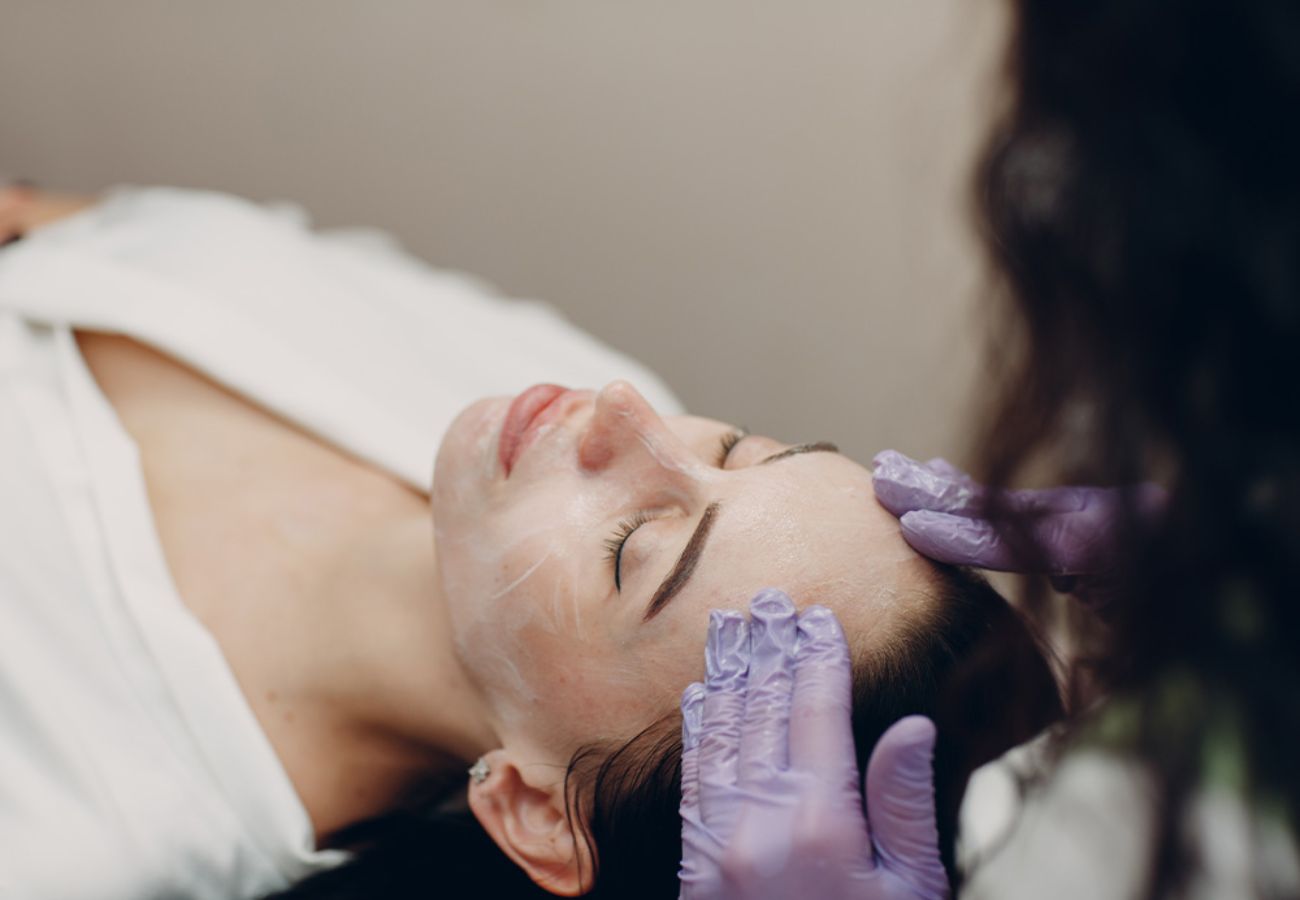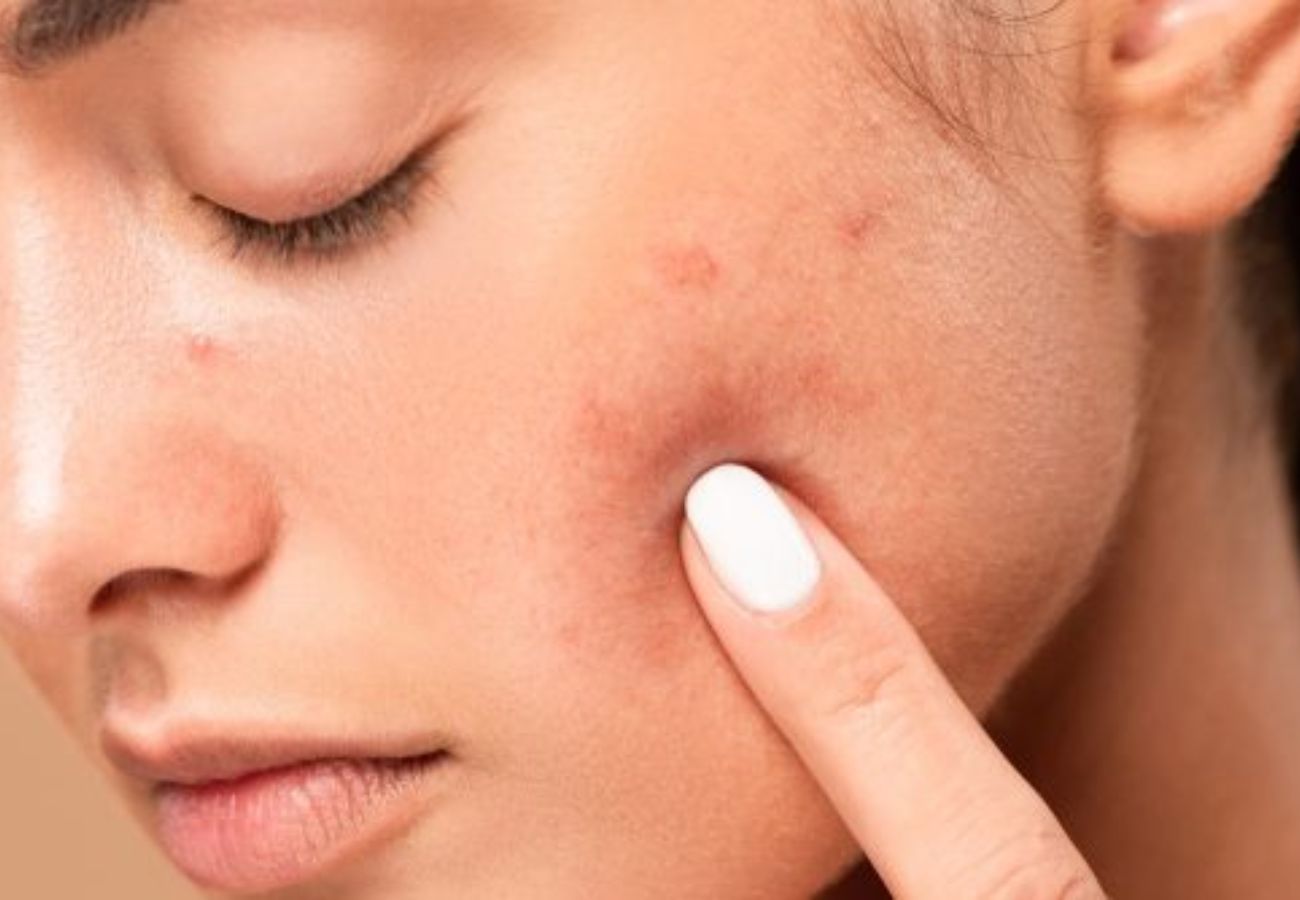
Menopause And How It Affects Your Beauty Routine
Menopause, the age of maturity, growth, love, and real joy. While this age is the “coolest age” of all because you get to know yourself more and you become wiser, there are somebody and skin changes that you need to be aware of to be able to deal with. Here are the three major changes that you may experience in your midlife.
1 || Acne May Increase
This happens for one main reason which is; hormonal changes. To start with the long use of oral contraceptives may impact the hormone receptors on the tissue and the hormonal changes we experience. So, it is all about hormones; when the estrogen levels drop while androgens stay constant a variety of unwelcome changes like acne can happen. Breakouts that manifest later in life appear mostly along the chin and jawline.
What To Do About It?
No, you shouldn’t dry out your skin as you did in your teen years, as this can be so harsh and irritating now. You need to treat your mature skin as gently as you can. Try using products with ingredients such as benzoyl peroxide, but mix them with emollients and antioxidants that will also nourish the skin. It is also recommended to consume high amounts of anti-inflammatory foods like flaxseed oil.
2 || Collagen Levels Decline
A lot of reasons participate in collagen levels decline like smoking, sun rays, inflammation, stress, and of course age. How much it declines and affects our skin look is something related to our genes. After the age of 20, collagen production levels start to drop by 1% each year. In the age of forties, collagen has been reduced significantly meaning the collagen and elastin fibers break, losing their elasticity in the process. And with the decrease of estrogen levels, the skin becomes drier and less toned.
What To Do About It?
Here where retinoids, peptides, phytoestrogens, vitamin C, and/or growth factors, as well as in-office treatments such as fractionated lasers, dermal fillers, and micro-needling come in handy.
3 || Hydration Levels Drop
As we age, hyaluronic acid levels drop which leaves you dehydrated as your skin loses its ability to produce and retain moisture. Also, the decrease of estrogen plays a major role in dehydrating your skin, as it causes transepidermal water loss leaving it drier and more wrinkled.
Another thing to blame is your oil-producing glands that become less active with age which results in drier skin.
What To Do About It?
Hydrate, hydrate, and hydrate. Look for products that contain ingredients such as ceramides, humectants such as lactic acid, hyaluronic acid and glycerin, and phytoestrogens.
4 || Hair Loss May Increase
If you are a middle-aged woman and experiencing a major hair loss, hair thinning at the crown of the head, or your hair does not grow as much as previously, you are not alone… This is a natural menopause symptom and it happens for many reasons. The first to blame is hormones. Estrogen plays a major role in keeping your hair in its “growing phase”, and when it drops with age it affects your hair growth. Genes are another factor too.
What To Do About It?
Many things can be done. First of all, reduce the use of hot styling tools along using thickening shampoos and conditioners. Also, you need to follow a healthy diet that is high in proteins and healthy fats. Topical solutions are another way to maintain healthy hair for as long as possible. And of course supplements and some medications might be very helpful. If non of the above worked, you may need to try laser treatments.
5 || Face Puffiness May Occur
Experiencing menopausal puffiness? Don’t worry. This occurs as a result of hormonal changes which cause your body to retain water, which can lead to bloating.
What To Do About It?
Add retinol to your skincare routine. Antioxidants, like vitamin B3, are another thing that you need to prioritize as they are linked to improving skin elasticity which is exactly what you need to reduce face puffiness. Green tea is another antioxidant to have an anti-inflammatory effect that may help reduce bloating. Aim to drink 11 cups of water a day (including water you get from food). You may notice your puffiness is worse in the morning; sleeping at a slight angle may help you start the day a little less puffy.






